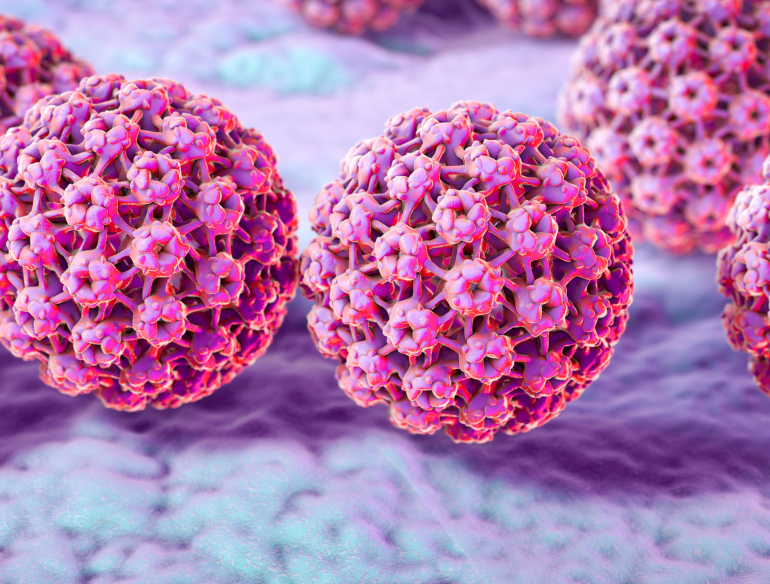The National Institutes of Health have awarded US$269,612 (approx. AU$371,361) to a Kirby Institute-led study that is set to inform the development of treatments for pre-cancerous anal lesions.
Anal cancer is a rare but aggressive form of cancer caused by high-risk strains of HPV (especially HPV16), and HIV-positive gay and bisexual men are at particular risk. The pre-cancerous lesions, caused by HPV, can be detected early, but this requires well-resourced and targeted testing, and can involve surgical intervention, access to both of which can be limited in resource-constrained settings.
“This study will determine the body's immune response at the site of the infected tissue, rather than studying peripheral blood, which is the more common practice,” says Professor Anthony Kelleher, who is Principal Investigator on the study. “We are particularly interested in the memory T cells located in the tissue, which are known to play a role in the anti-tumour immunity of other cancers. This work will help to determine if those memory T cells at the front line of infection could be targeted using novel therapies to treat the lesions without surgery, and prevent them from turning into cancer.”
The study will leverage the completed Study of the Prevention of Anal Cancer (SPANC), also led by the Kirby Institute, which was a cohort study looking at the epidemiology of anal HPV (human papillomavirus) infection and anal abnormalities in HIV positive and HIV negative gay and bisexual men. As part of the SPANC study, anal biopsy specimens were collected and stored together with an extensive clinical natural history dataset. The researchers will analyse this laboratory data and use the findings to develop optimal treatments to treat anal lesions before they develop into cancer.
“The SPANC cohort provides unique data, and we are fortunate to have the opportunity to use some very recently developed technologies in microscopy and molecular biology available to us on the UNSW campus to better understand the immune response within the infected tissue,” says Dr Sarah Sasson, who is a Scientia Senior Lecturer and a co-Investigator on the study. “People living with HIV are at higher risk of these lesions developing into cancer, so it is important that we understand the impact that the presence of HIV has on the immune response in the infected tissue.”
While there is a highly effective HPV vaccination that protects against the cancer-causing strains, it can take a generation for the disease to stop spreading. As well as that, the vaccination is not universally accessible and available across the world, so HPV transmission will continue in places where vaccination rates are low.
The researchers say that it is critical that non-surgical treatments are developed to control the disease, especially for those most at risk. "We have the potential to reduce the burden of anal cancer globally,” says Prof. Kelleher. “This work also has the potential to inform preventative treatment for other HPV-associated malignancies of the cervix, genitals, head and neck, which would be a huge, lifesaving innovation.”
